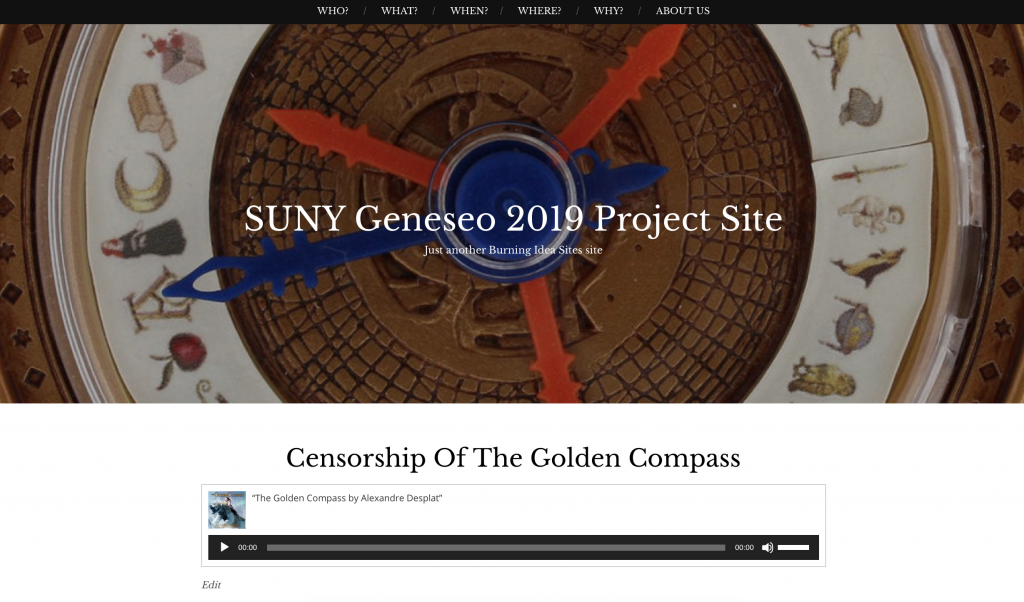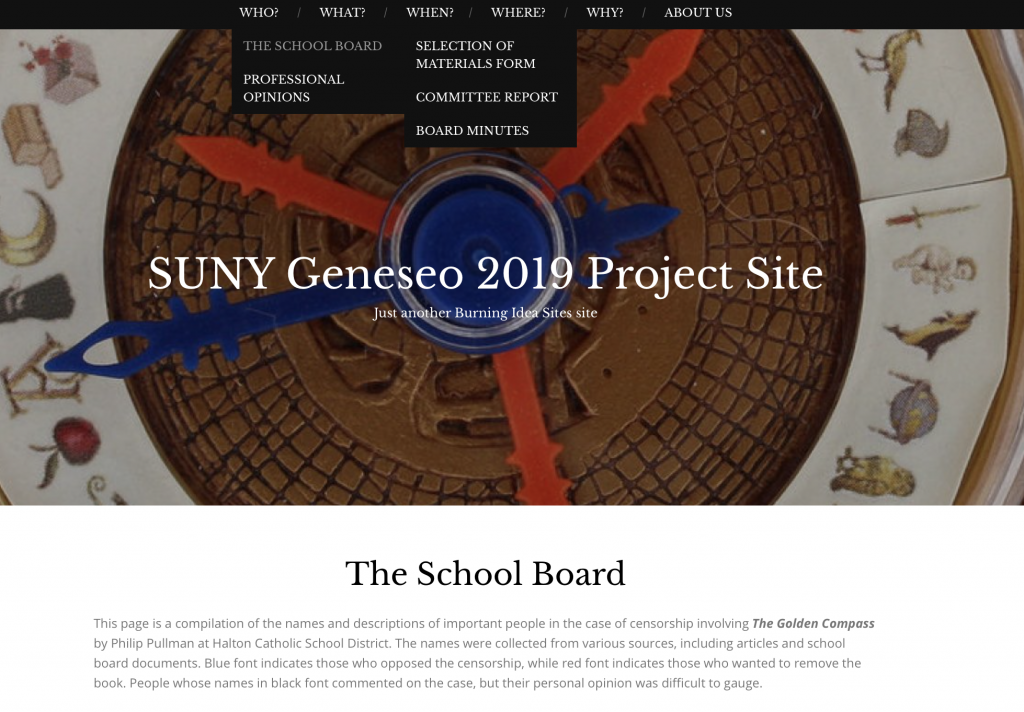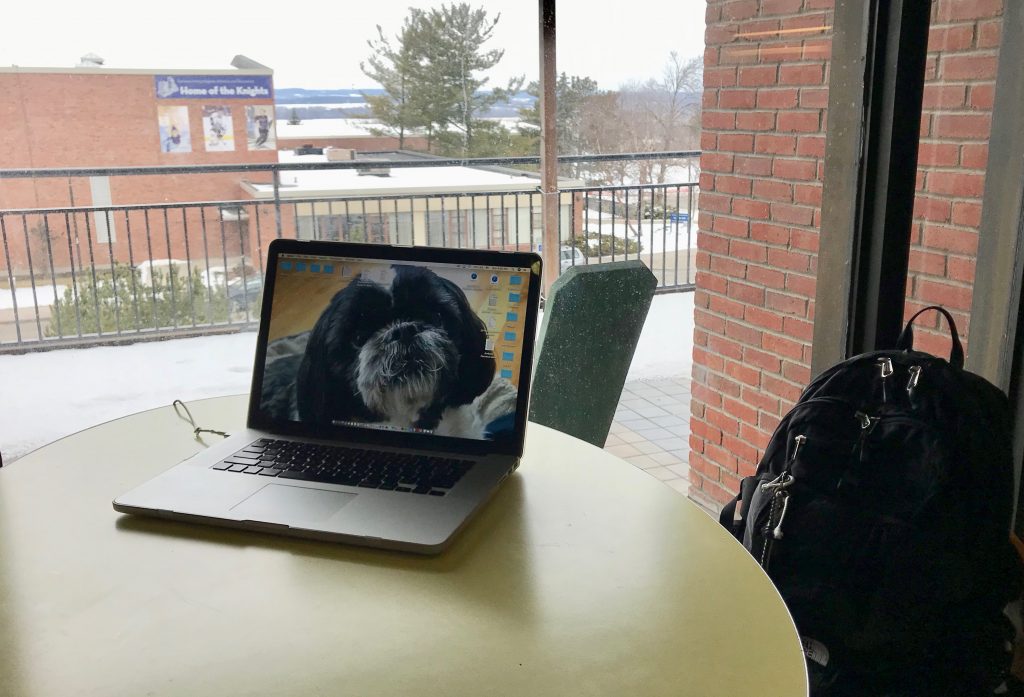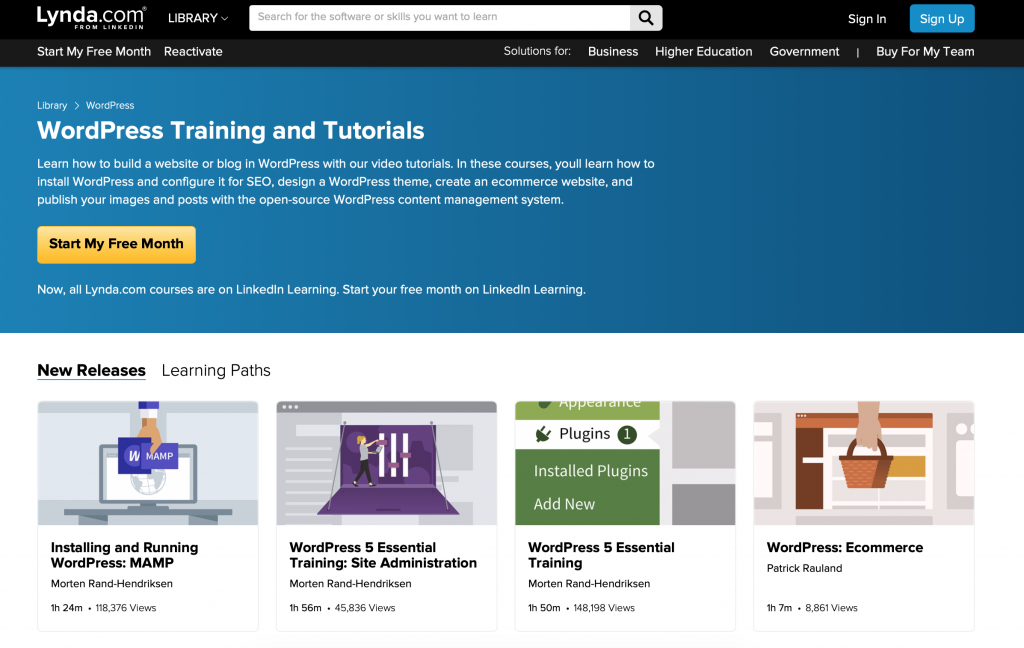In the article titled “Censorship,” teacher and author Bobbi Swiderek is very upfront about her opinion of censorship in school: it is B-A-D, bad! The article is centered around the premise that parents do have rights regarding what their children should learn, but a major problem ensues when parents try to control the education of other people’s children. This concept has been addressed throughout the course time and time again. Jacob and I even incorporated this topic into our interview questions. It will be very interesting to see what educators think of parental input in the classroom.
Swiderek states that at her school, they appease parents by offering alternative books or providing permission slips. This is an interesting approach, but I wonder how effective it is. The case of censorship of The Golden Compass at Halton Catholic School District would not be remedied so easily. Once there was one complainant, it seems like many school board members themselves also felt uncomfortable with the anti-Catholic text. So many people were involved in the situation that the hype surrounding it grew to attract media attention. As it was, the book was not even a part of the curriculum, but just in the school library and on a recommended reading list. Additionally, the district governs a large number of different schools, so there were more opinionated parents. On the flip side, however, restricting access to the book impacted a huge number of students too. As they say, the squeaky wheel gets the oil, and there were a lot of very noisy ones at Halton.
Children’s author Judy Blume said “censorship grows out of fear.” Evidently, some of the administrators at Halton Catholic School District were very concerned that The Golden Compass would make young students question their faith. In my opinion, the stories in books do not test a person’s faith nearly as much as the real world does. Just because someone reads books containing violence, drugs, or promiscuity, does not mean they do these things. While I do believe reading is a powerful force that can change people, I do not think it should be taken so literally. Fear tends to cloud censors, who should keep this in mind.
Swiderek discusses censorship by omission, in which certain topics are simply left out of the classroom. The reason for this, like all forms of censorship, is because it makes some people uncomfortable. Halton is censoring their students by failing to give them a complete education. Students are probably not educated about the wrongdoings of the Catholic church, or about other religious teachings that may contradict their own. This can be problematic for children; It is of equivalent importance to have your own faith and understand other people’s beliefs.
Swiderek expresses her concern about letting the censors win. Censorship at one school might lead to a ripple effect. Perhaps Swiderek is a fortune teller, because this is exactly what happened after the restriction of The Golden Compass at Halton. However, subsequent challenges were not successful.
Last time I blogged about my definition of censorship, I took a more neutral approach due to sympathizing with parents wanting to protect their small children. Now, I would side against these censors due to the effect banning books has on all the students. Swiderek brings up an incidence where she removed a book from her curriculum because she felt the class was not mature enough to handle the subject matter. While my position has definitely shifted, this makes things even more complicated. I would say censorship in this context might be a positive thing, since the content of the book would cause a distraction to students learning. It is strange to see a person so passionate about preventing censorship, censor herself. All in all, I side with the situations that provide students with the best space to learn and grow, which in some rare cases might involve censorship. It will be interesting to see if my view shifts again throughout this course.
Work cited
Swiderek, Bobbi. “Censorship.” Journal of Adolescent & Adult Literacy, vol. 39 no. 7, April 1996, pp. 592-594.




